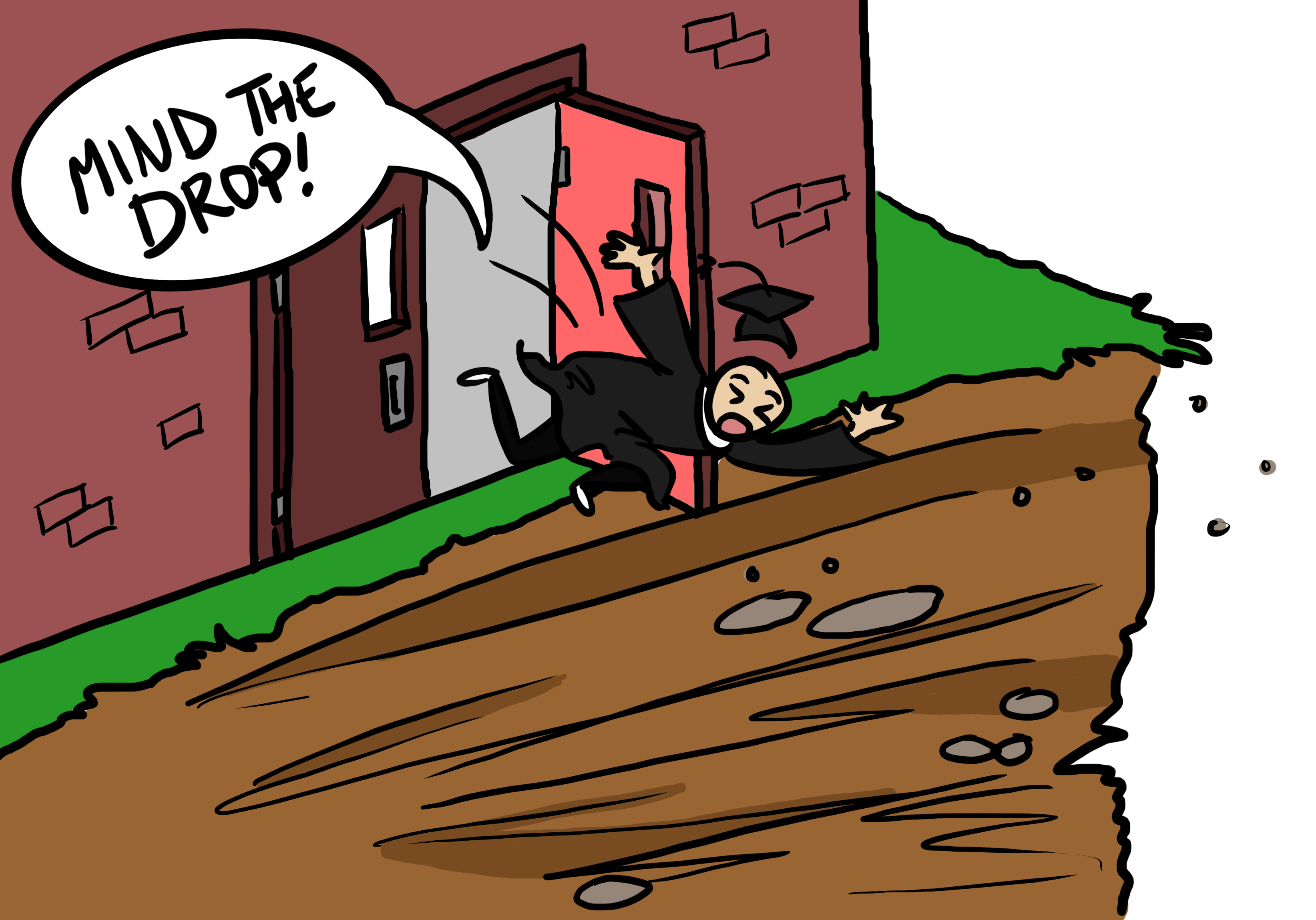Quebec has the highest high school dropout rate in Canada, but apparently we shouldn’t know or be concerned about it.
At least, that’s the message that the Ministry of Education is sending to the population by refusing to disclose the graduation data of hundreds of Quebec high schools to QMI Agency.
This data should be made public if we want something to be done to tackle the issue. According to QMI, the Cree School Board in northern Quebec recorded the highest dropout rate in the province in 2009-2010, with 90.1 per cent of students dropping out of high school.
Quebec Education Minister Line Beauchamp says that they will not release the data for “reasons of sensitivity” and students’ self-esteem. Is that really a valid reason? Absolutely not.
Theresa Bianco, undergraduate program director in Concordia’s department of psychology, believes that this reason is only a smokescreen.
“The ministry probably just wants to cover up how bad it is by not releasing the data,” she said. “They want to protect themselves.”
Hiding the dropout rate from the population won’t make it any lower. According to Statistics Canada, the dropout rate in Quebec between 2007 and 2010 was the highest in Canada at 11.7 per cent. The highest numbers were found in Quebec’s First Nations communities.
We must ask ourselves: Why is the dropout rate so high to begin with? In my opinion, the ministry wants to hide the numbers because it’s scared of the population’s reaction, fearing it would get criticized for not putting enough effort into reducing the dropout rate.
I think that the main reason for such a high rate is the lack of help given to students with learning disabilities. Teenagers who struggle to succeed in their classes are more likely to dropout of school when they turn 16, an age at which they are legally allowed to do so. If the government puts a stronger focus on helping students cope with their learning disabilities, the dropout rate would probably fall.
“There definitely is a lot more that can be done at a legislative level,” said Bianco. “Identifying the students at risk of dropping out and helping them succeed is one solution, because their schooling environment is definitely not suitable for their learning needs at the moment.”
Another reason is that there are no consequences for students who do not get a high school degree. Having the most basic level of education is not even a requirement to get certain jobs. However, if employers required that all their employees have a high school degree in order to get the most basic job, I’m sure that a lot more people would actually finish high school.
“Right now, there are no repercussions for students that drop out before they finish high school, with regards to jobs for example,” said Bianco. “But there should be, and I can’t stress enough how important I think it is to finish high school.”
